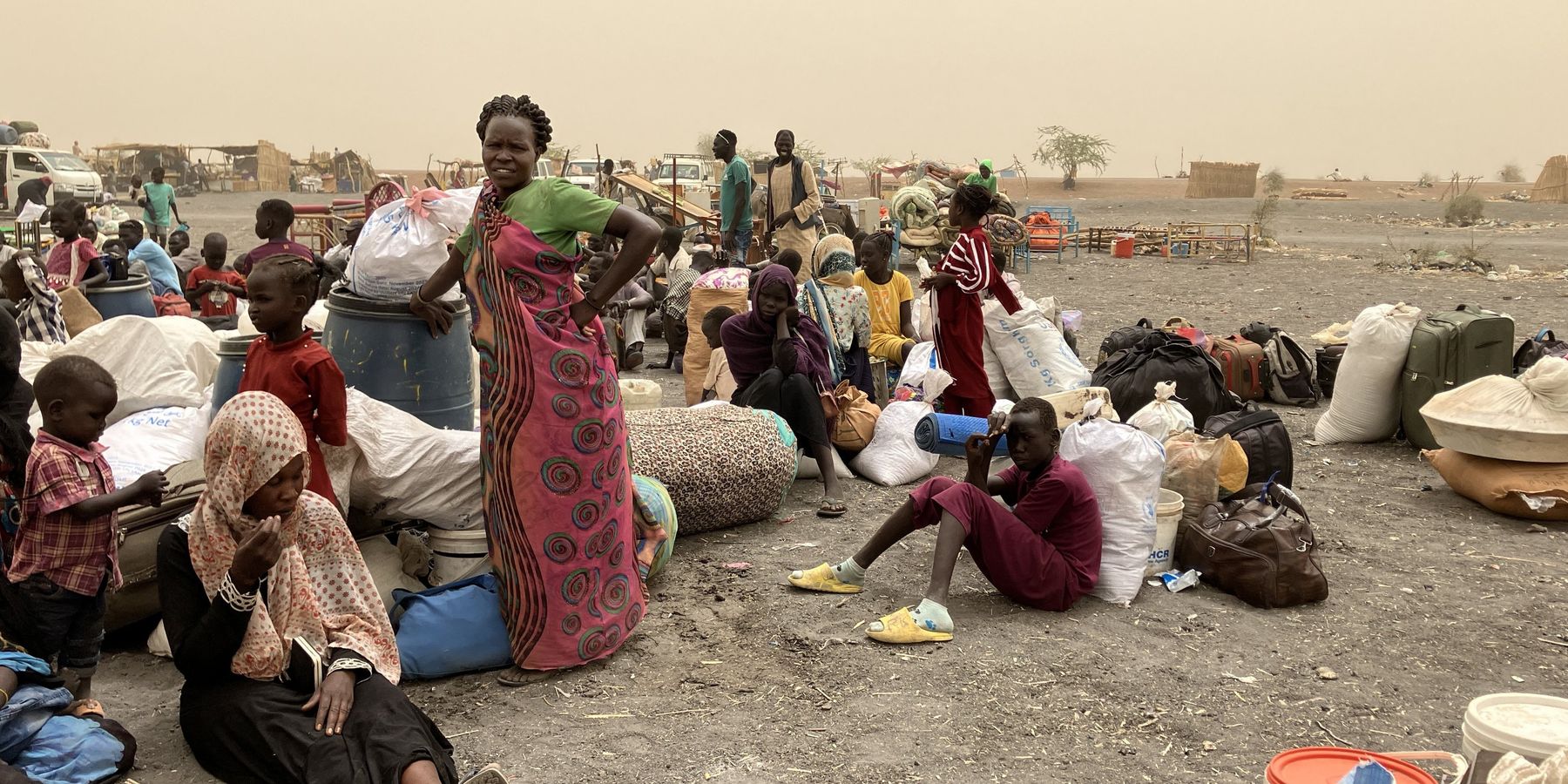The Associated Press is reporting this morning that American and Israeli officials want to send Palestinians to Sudan and Somalia, two of the most poverty-stricken and violent places in Africa, if not the world.
There are no named sources in the article but the AP says both U.S. and Israeli officials are seeking places to carry out Trump's plan to evacuate some 2 million Palestinians from the Gaza strip while it is transformed into "beautiful" beachfront real estate to which the Palestinians can or cannot come back, depending on his changing positions on the subject.
Forcibly removing the Palestinians from the Gaza strip would be considered a war crime under international law. Members of Benjamin Netanyahu's government are reportedly readying to empty the Gaza strip, though officials insist it would be "voluntary."
According to the AP, Sudan officials say they have rejected the offer. Officials from Somalia, and next door Somaliland, which is also named in the article, said they were not aware of any contacts.
Perhaps the height of absurdity here is that Sudan is currently in the throes of a brutal civil war and famine in which over 150,000 of people have been killed and 11 million displaced over the last two years. It is one of the few places on earth that may be worse than Gaza in the scope of the violence and human suffering. Somalia, thanks in part to its fraught history with the U.S., is currently suffering from a food crisis and an ongoing violent insurgency (al-Shabaab). TheTrump administration has already picked up the pace of of U.S. airstrikes there since the president's inauguration on Jan. 20, as the U.S. military has been actively engaged in Somalia for the better part of two decades.
















